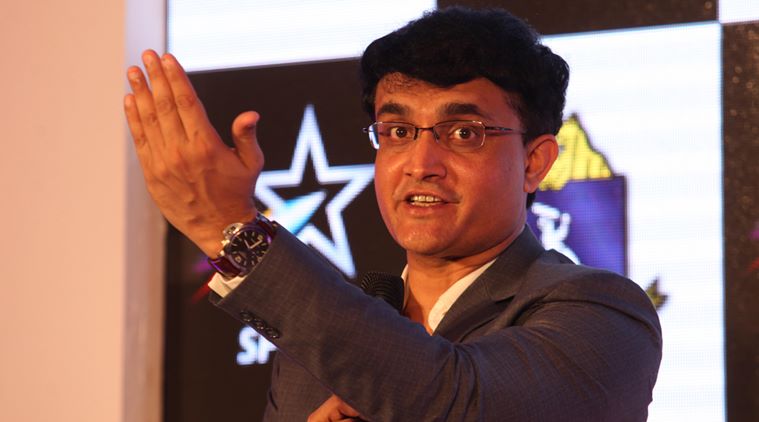 The former India captain stressed that the CAB “maintain all rules and regulations” as per the state association’s constitution. (Source: File Photo)
The former India captain stressed that the CAB “maintain all rules and regulations” as per the state association’s constitution. (Source: File Photo)
A war of words has broken out between Cricket Association of Bengal (CAB) president Sourav Ganguly and the state association ombudsman Ushanath Banerjee over a potential conflict of interest related to two members of the Bengal selection committees – Palash Nandy and Madan Ghosh.
CAB recently revamped its selection committees, appointing Nandy as the chairman of the senior selection committee, while Ghosh became the junior selection panel chief. Banerjee received an anonymous letter following the appointments, alleging potential conflict of interest, as the missive to the ombudsman claimed that the two selectors have their private cricket coaching centres, while one of them, Ghosh, is also a member of a CAB sub-committee. As per the BCCI conflict-of-interest guidelines, any person attached to private coaching centres cannot be part of any selection committee at state, zonal and/or national level.
The ombudsman sought the CAB president’s response in this regard to which Ganguly wrote: “You must have noticed that the letter doesn’t have any name or any signature of the sender and hence the intent of sending this communication is difficult to understand. I feel going forward as a Standard Operating Process, your esteemed self being appointed as an official ombudsman of the Association should not entertain such letters, which as per me is written with notorious intent rather than actual awareness of the facts.”
Ganguly added that the CAB “will not entertain any such anonymous communication” and advised Banerjee to do the same. The former India captain stressed that the CAB “maintain all rules and regulations” as per the state association’s constitution. He also spoke about the Supreme Court finalising the new BCCI and state associations’ constitution and that the CAB would act accordingly.
Just hours later, Banerjee launched his broadside, pointing out that the judiciary and vigilance authorities do take cognisance of anonymous complaints/information. “It is widely acknowledged by the judiciary and Vigilance Authorities, that in the interest of maintaining transparency, organisations world over take cognisance of anonymous information. With there being no mechanism to ensure safety of whistleblowers, anonymous complaints are one of the accepted modus to focus on wrongdoings,” the CAB ombudsman responded, mentioning that ignoring such communications would “further depict and permit non-transparent acts and conducts”…
Banerjee wrote in his letter that the guidelines related to conflict of interest are an “accepted part” of the Supreme Court’s July 18, 2016 judgment, with regard to the Lodha Committee recommendations. Accordingly, “entertainments” of anonymous complaints are “justified” and based on “legal foundations”.
“… the undersigned considering prima facie seriousness of the alleged complaint against two selectors alleging ‘Conflict of Interests’, forwarded the Complaint to you (Ganguly) and to the Joint Secretary of the CAB seeking responses, in the interests of justice, fair play and equity. Unfortunately, instead of providing due responses, you responded with your charges, which are unfounded and even given the same to the media through the association. I am sincerely shocked as I never expected such immoderate reaction from you the least,” Banerjee wrote.
The CAB ombudsman concluded by asking the state association president to point out the “policy” that the latter referred to in his letter.